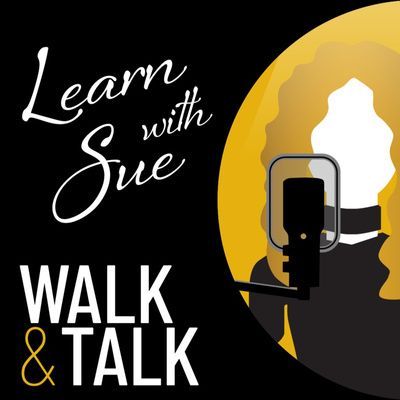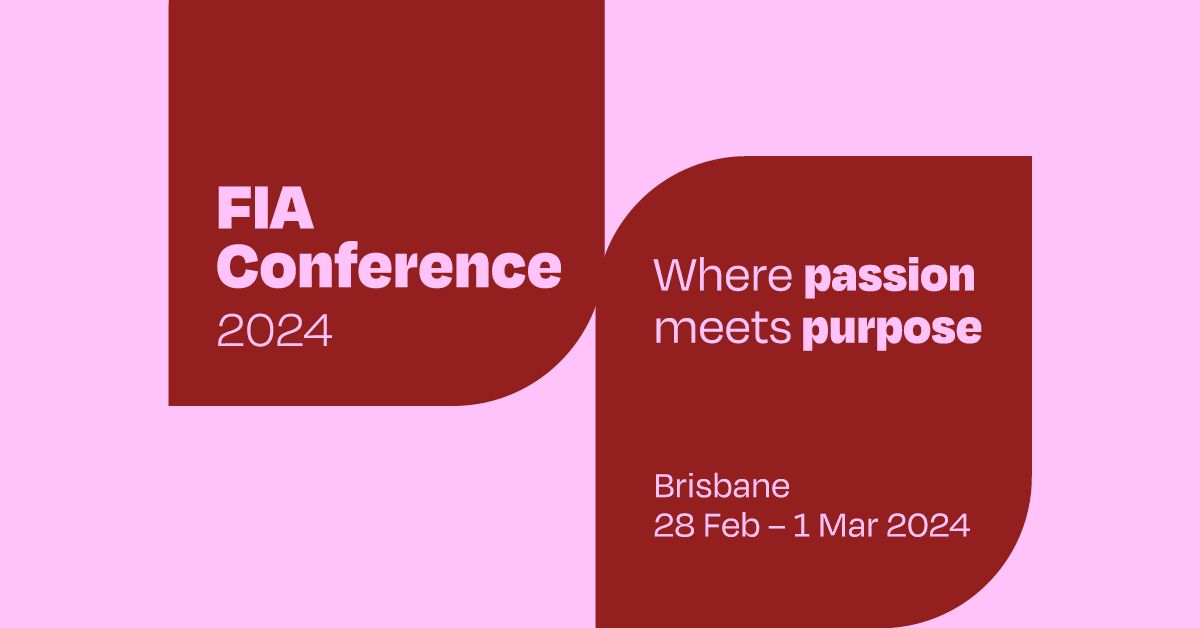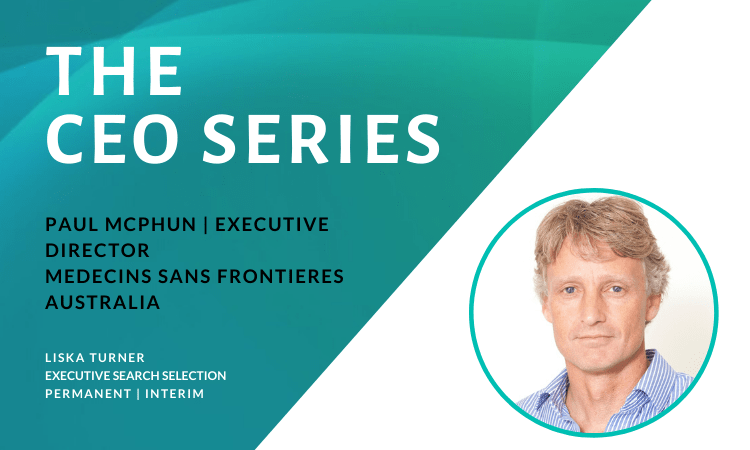The CEO Series: Q&A With Paul McPhun, Executive Director At Medecins Sans Frontieres Australia
The CEO Series: Leadership Observations From The Front Line
Interviews with CEO'S from the For-Purpose sector with Liska Turner.
For-Purpose leaders are as diverse as the organisations that they lead. Every couple of months I sit down with a CEO where they share their experiences and thoughts on leading a for-purpose organisation. This month I had the pleasure of talking to Paul McPhun, Executive Director at Medecins San Frontieres Australia.
It’s not often that I ask a leader to sit down knowing that they will be exiting their role but I have known Paul for a number of years and watched how under his stewardship MSF Australia has become Australia’s most trusted medical emergency INGO generating an untied private revenue of $90M with no government funding enabling essential medical care such as surgical support to patients in some of the most troubled regions of the world.
Paul McPhun, Executive Director at Medecins San Frontieres Australia
After working with international UN agencies in Africa in the early 1990s Paul joined Médecins Sans Frontières in 1997, setting up medical relief programs in Central Asia and Latin America. As Operational Manager for Médecins Sans Frontières in Canada from 2006, Paul was responsible for programs in countries including Haiti, Russia North Caucuses, Ivory Coast, Colombia, Nigeria and Papua New Guinea, and was one of the coordinators that led the emergency response in Haiti following the 2010 earthquake. In December 2010 Paul moved to Sydney to take up the role of Executive Director for Médecins Sans Frontières Australia, where he is responsible for the medical, financial and human resource support that Médecins Sans Frontières Australia provides throughout the world.
CEO’s lead from the front. What are the most important decisions you make as a leader of your organisation?
It sounds fairly obvious but its who you surround yourself with who help you deliver the culture, practice and leadership you want to achieve.
Strategy doesn’t deliver itself. People do that. Not only are the individual’s often experts at what they do and better than you will ever need to be, but they will also help you drive the success of individual projects and the organisation as a whole.
The worst thing you can do is appoint people who you feel entirely comfortable with. They should intimidate you a bit and challenge you. Your job is to guide them and role model the culture of leadership you expect them to practice.
I see people who recruit people who they feel most associated and comfortable with, and I wonder how that goes for them….?
The second thing has been changing our practice of work and actually looking at the talent we have in the organisation. You all too often see people through the lens of the position that they currently hold, I have certainly been guilty of that.
People want to come to work for MSFA because they are really committed to the cause and as in any job market often take any role to enter the organisation. It’s all about knowing the rich people resources that you have. Map their skills. Our Head of HR is a perfect example. She started in the ‘call centre’ of the office and yet her background is in film production. An industry that is very demanding, lots of pressure and a rapidly changing environment. Huge parallels with our work, and full of talented but demanding people to manage. Her interest and skills lay in people and management but it was not how she entered the organisation.
What is your best habit?
Professionally, I make myself available to people, perhaps too much but is it also part of my character.
Personally, I go to the gym or do yoga in the middle of the day, as often as possible. Exercising in the middle of the day helps me reset, manage daily stresses and remain balanced and calm. It reboots me to nearly 100% in the afternoon at the very moment we reach our intellectual low. I leave push myself to the building loudly. I encourage the team to do the same. I introduced yoga to work and we now run a weekly class for all staff and it has quite a following.
Culture is fundamental to organisational success. How do you help new employees understand the culture of your organisation?
MSF is quite unique. It refers to itself as a movement. It has been described as one big social experiment. In a way its navigating two cultures.
Firstly, the culture of humanitarians who put patients first embodies who we are. Then secondly, its who we are here at MSF Australia and what workplace culture do we want to have.
The first one is hard because here in Sydney we are removed from the field. We have to work hard to instil that on a weekly, daily basis. We do this by regularly sharing what is going on and creating spaces for the doctors and nurses returning from the field to come in share their experiences and make themselves available to the team, especially comms, fundraising and marketing.
It is really important that the ‘two sides’ of the organisation build strong relationships and acknowledge each other’s contribution as equal. We work hard on that bridge and communicate constantly to remind people of the value and connection of fundraising to delivering patient care. Everyone in MSF has an equal place and importance in changing our patients' lives.
As a leadership team, we are constantly challenged and we don’t step away from hard conversations. I would say that as an organisation we make a significant investment in people and our decision-making process which strengthens our culture.
Our decision to support safe abortion care is an example of this. Absolutely it created clashes internally as it is a very divisive and emotional topic. We did a lot of workshopping internally with the team to socialize the issue itself and arrive at our decision. Our message around our medical choice to provide safe abortion care was a position strongly grounded in medical ethics and our experience where care was not available. It was not rights-based or a political position.
We also have a formal onboarding process and all new employees are exposed to our shared field experiences from day one. I also meet with new employees as a group periodically and really enjoy the insights of the group discussion. I also make a point of meeting all new managers wherever they sit 3 months into their new role to really get a sense of how they are doing and open the door for discussions on any aspect of our organisation and practice that they want clarity on.
No business operates in isolation. When you are considering partnering with another person or business, what factors are deal-breakers for you?
MSF is fiercely independent. Partnerships are based on mutual opportunity and are almost entirely field related where we need expertise we do not have, or where we can improve care by complementing services. This is by choice. It is our independence from others and their perceived agendas that get us access into insecure places. A good example of a field partnership would be our Search and Rescue partners who operate our ship in the Mediterranean bringing their seafaring and search and rescue knowledge alongside our emergency medical care. I have managed for example complex partnerships between ourselves, Ministries of Health, The Global Fund (supplying drugs) and HIV patient activist groups. All with distinct agendas and interests.
MSF invariably partners with Ministries of Health in the delivery of essential services. We often share facilities and can have very complex expectations and relationships to manage. We couldn’t partner with an organisation who could be perceived as involved or implicit in a given conflict (as many States are) which is why we chose to remain independent of government funding in such circumstances. A partnership should ideally be driven by clear needs, with very clear differentiators about who does what and why.
MSF itself is a very large, complex organisation and we also look carefully at our internal partnerships where we MSF Australia can make the greatest contribution which includes bringing a different cultural standpoint. Mutual accountability is really important because we often don’t have the same level of scrutiny that comes from a partnership with institutional donors so we need to ensure accountability and transparency to our patients and supporters in all we do.
Succession planning is key to building a sustainable organisation. How do you choose who to promote?
As I said earlier, I value talent management and we have put a lot of effort into doing this. It’s not just about opening up a position internally it’s about having created pathways for personal development in the first place that will lead people where they want to go. Internal turn over of course brings its own challenges, but it also brings rewards.
I am now always cautious of an organization that does not have room for HR on the Senior Leadership Team. Our people are at the centre of everything we do, and that needs to be reflected in all levels of decision making. A leadership strategy that you instil in the culture – that encourages everyone that they can lead and grow.
Where do you draw your support and inspiration from as a leader?
A couple of places.
My greatest inspiration is from being in the field alongside our patients and staff who are struggling to deal with their emotions in busy, difficult situations. Their resilience and open hospitality despite all this is a real grounding in humility.
I also find it inspiring to be challenged by my team. Yes, it can on occasions be a pain in the ass but it means that your organisation is living and breathing. You don’t have to do CPR on your organisation, that would be worse!
The role of the CEO is quite unique. What advice would you give someone going into a CEO leadership role for the first time?
Set realistic limits.
Manage the imposter syndrome.
Relax. You don’t need to know everything and you probably never will. That’s okay. That’s why you surround yourself with people who are experts in their field.
Be really careful about making assumptions. I learnt the hard way that some things were in place for no good reason. I inherited projects that I had assumed had been thought through and that people were on board with them.
Check the level of understanding. Check your understanding and the team’s understanding as a team. One department’s understanding and perception can be very different from another department and this can be a source of tension.
Accept that you will have your L plates on.
Identify a couple of mentors early on because that is when they are most useful to you, early on.
What leadership decision are you most proud of?
Personally, it was the extremely strong controversial public positioning we took at different points. Like sending Australians to care for people with Ebola, treating refugees and asylum seekers on Nauru, and advocating for safe abortion care. They were hard, heavy and testing times.
Share This blog
Recent Articles











